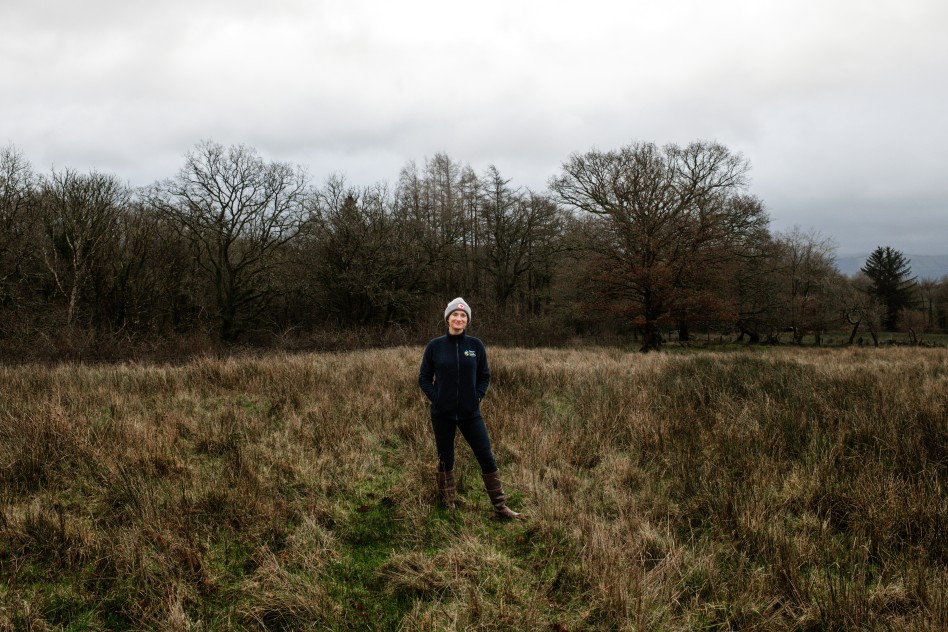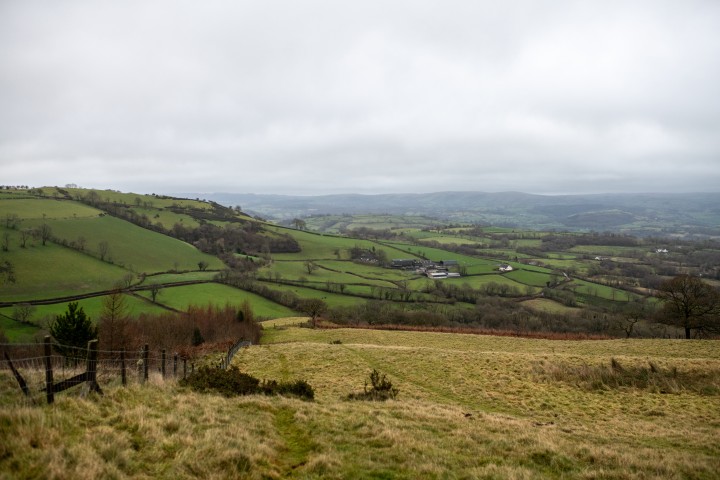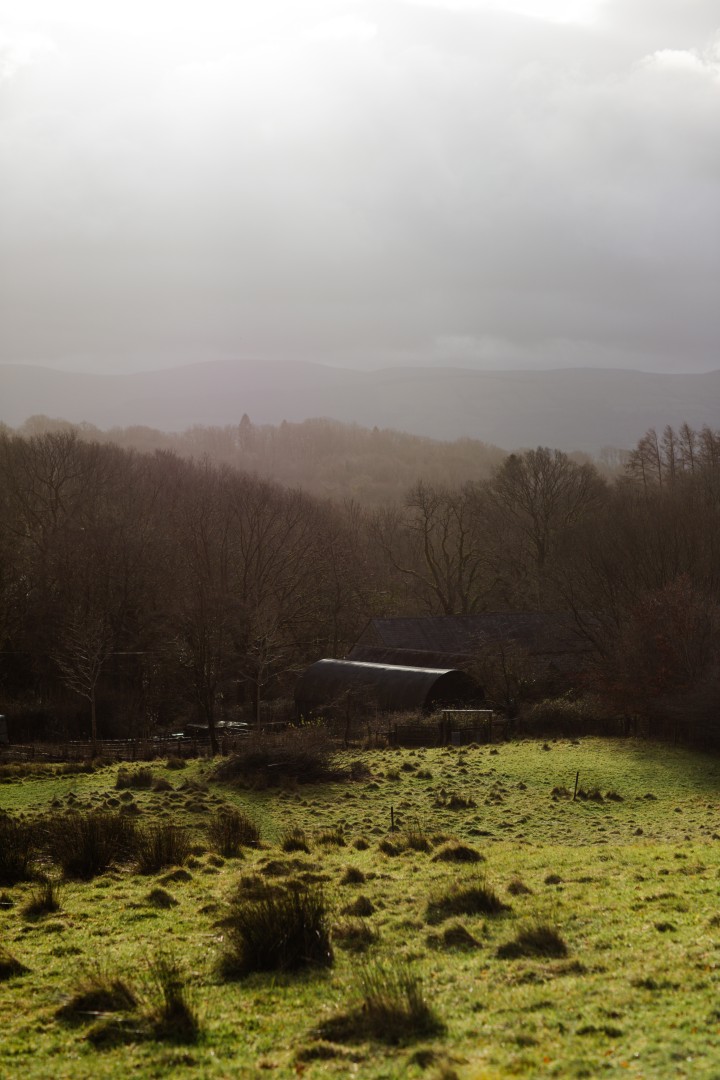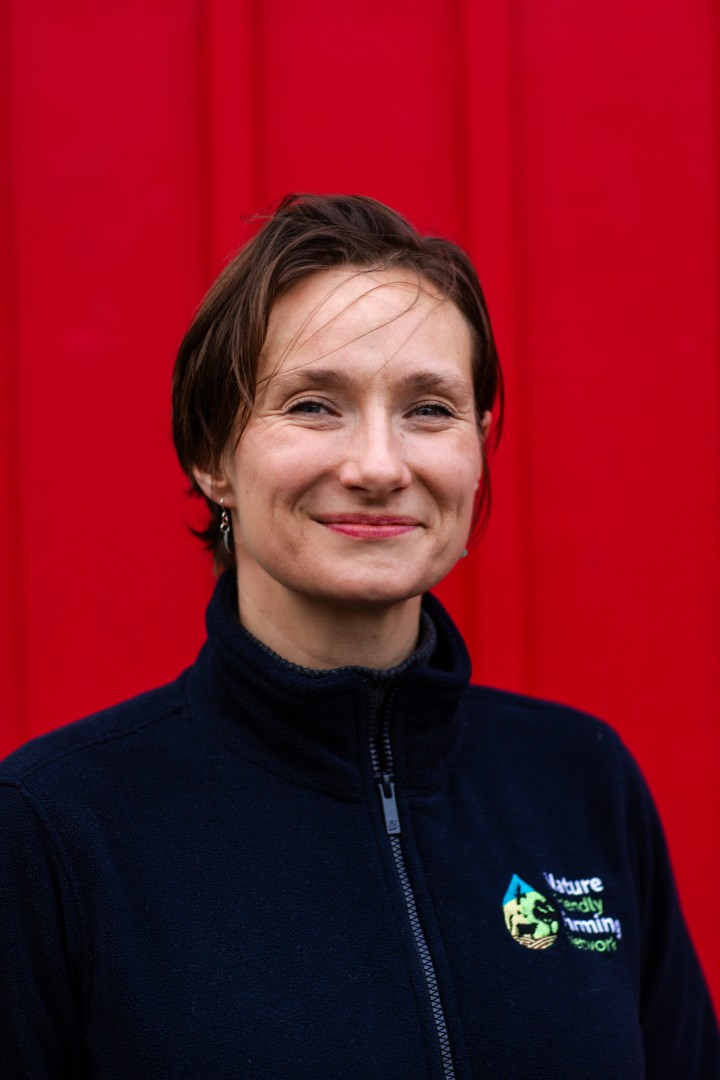Rosie Slater has taken on her family farm on the edge of Bannau Brycheiniog, Wales, as a new entrant. She is now finding ways to diversify the farm while making it more environmentally sustainable and regenerative.
When Rosie Slater became frustrated with her career advising large businesses investing in Asia to spend more of their resources mitigating their environmental and social impact, her thoughts turned to Glanmarlais Farm, the 100 acres of land on the edge of the Brecon Beacons (Bannau Brycheiniog) her parents purchased and began running after her dad’s retirement in 1997.
Rather than trying to convince companies to embrace an environmental, social and governance (ESG) agenda, Rosie decided the best way to satisfy her concerns around these issues was to do something practical herself and head back to the family farm.
Both Rosie and her parents had taken unlikely routes into farming. Her dad was an economist for the United Nations who spent three decades abroad while nursing a childhood dream of running a farm in Wales. Rosie studied archaeology at a university in the UK and did financial PR and journalism in Hong Kong before running business workshops in Tokyo and Singapore. She flew the family nest upon her parents’ entry into farming and had never been seriously involved in their venture, but on her return to the UK after 15 years abroad, she found that all her values now aligned with those that had driven her parents to Wales in the first place.
“I had come back with all these ideas about conservation, and unbeknown to me, my parents had been doing this all along,” she said. “They were really keen on doing things the right way for the land, for nature, and for us in terms of nutrition.”






